This is the first of a series of discussions of New Ways Of Working And Managing. We are a bit stiff, we promise we will limber up with the next one. Our rule of thumb is that all new activities need three iterations to run smoothly.
The introduction to the series is here or you can follow along with the book links at the bottom of this page.
Notes:
sign up for the mailing list
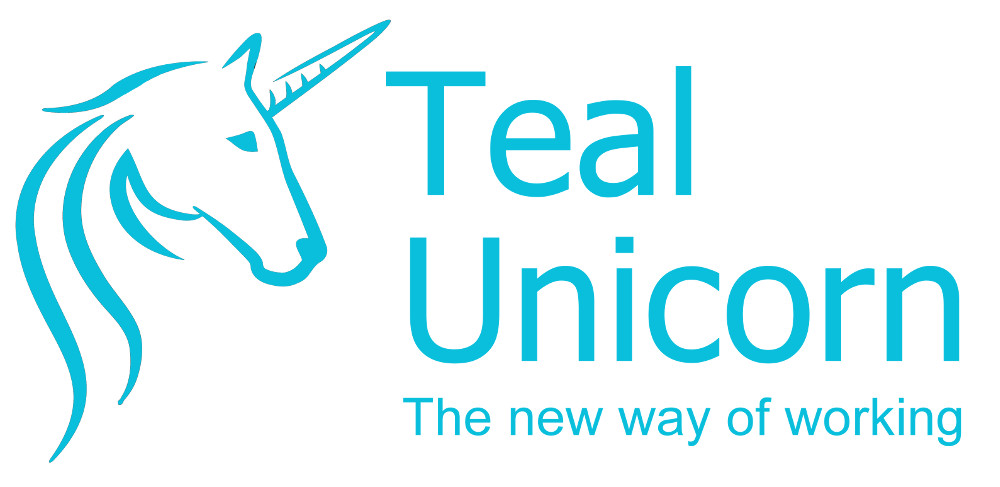
Two Hills Ltd is our company (principals Rob England and Dr Cherry Vu), based in Wellington, New Zealand; and also operating in Vietnam. When Cherry and Rob work together to deliver new ways of working and managing, and our Unicorn Management Model™, our services (consulting, training, and content) are provided under the Teal Unicorn brand.
Teal because of Frederic Laloux's model of Teal Culture.
Unicorn because of the Agile iconography around the term "unicorn".
The New Way Of Working because it is. Agile thinking is transforming IT, enterprises, government, and society.
Our upcoming book The agile Manager (small "a") will be available in "second quarter 2019", i.e. soon, whenever I can get the damn thing finished.
It will be available in all good Amazons everywhere, in paperback and Kindle formats.
it will also be available in Vietnamese!
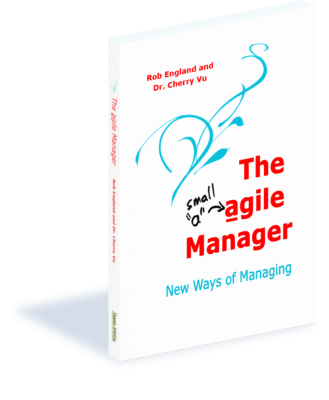
The world is in a permanent state of change. We must work in new ways. To change the work we must change how we manage, how we think about management. What got you here won’t get you there.
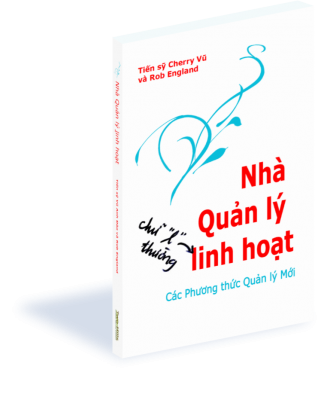 .These are new ways of managing which are changing business, government, and not-for-profit organisations, big and small.
.These are new ways of managing which are changing business, government, and not-for-profit organisations, big and small.
This isn’t about leaders, it’s about managers. It’s not about mystical mind tricks; it’s about principles, methods, and models to work by.
It’s about agility, which comes from the agile manager.
The model we showed in the discussion: (we will unpack this in some future discussion)
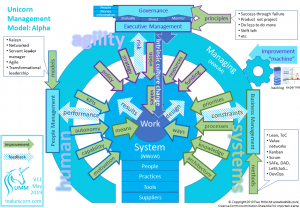
Four levels of influence on culture:
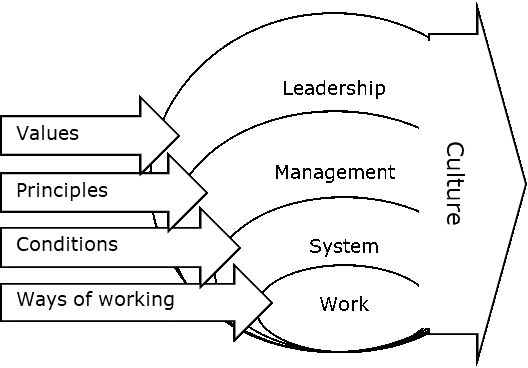
Shout-outs to:
- OpenSpace Leadership Forum
- Business Agility Institute
- ITIL4
- Dan Mezick
- Mark Smalley
- Harrison Owen
- Damon Edwards
- DevOps Enterprise Summit
- Dawie Olivier
- Invitational leadership (book)
Next webinar coming soon! Join our mailing list for updates.

